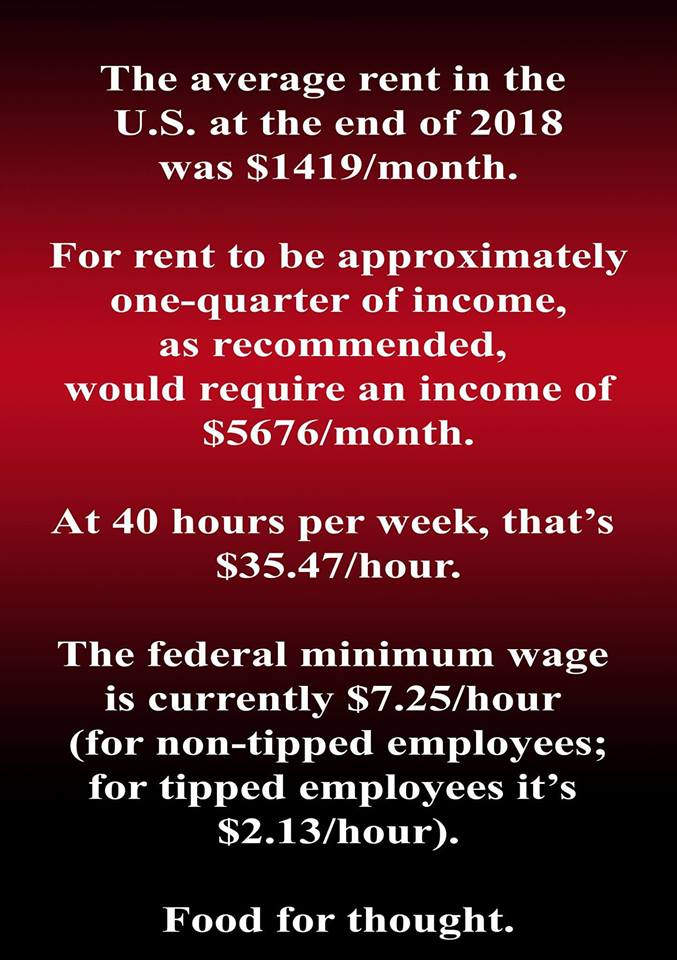Politically Tied Social Justice Events for Teaching Math and Reading

According to an article in the Raleigh News & Observer, A.P. Dillon responded to a Cary, North Carolina administrator’s announcement about “Black Lives Matter at School Week,” with the following comment:
At a time when students in public district schools across the state are struggling to be proficient in reading and math, we have staff planning politically tied social justice events that have nothing to do with advancing academics.
Although there can be a legitimate discussion concerning how—or even whether—schools should address “Black Lives Matter at School Week” or other issues, Dillion’s basic premise is wrong. An ideal way to become proficient at reading and math is for students to study real world issues that interest them. We should encourage teachers to incorporate appropriate social justice events as part of their curriculum.
Because the issues are less complex than those addressed in “Black Lives Matter at School Week,” to explain this point I will address a meme I first saw the day before I read Dillon’s comment. The meme provides a series of facts concerning average rent and income in the United States. The message is that we need to raise the minimum wage in the United States.
Professors who want to engage their students to increase math and reading proficiency can create a lesson where their students analyze the claims in the meme. Although the lesson arguably is a politically tied social justice event, it has everything to do with advancing academics. For example, to do a proper analysis:
Math Skills
Students need to understand how to do averages. They also need to know the difference between “average” and “median” when it comes to statistics and which is the most appropriate for analyzing various social issues. They also need to appreciate how average income is calculated for the meme; specifically, how the sample size was chosen and what assumptions were made. Does the author of the meme include salaried employees in the sample and, if so, is there an assumption that a salaried employee works only 40 hours a week? Are perks such as health care, stock options, and other forms of compensation included? Regional differences for rent and average/median income—as opposed to hourly wage—need to be considered as do state and city minimum wage laws. Math skills advance while recalculating the variables cited in the meme.
Reading Skills
Who recommends that rent should be on quarter of income? Reading skills advance as students research answers this question. Reading skills also improve as students study issues of income inequality, arguments for/opposed to increasing minimum wage, factors relevant for affordable housing, and other issues suggested by the meme. They also need to use their reading skills when doing the research to get the math data.
I know that someone might rightly point out that while I write about college classrooms Dillon is being critical of plans for middle school students. While this is an appropriate observation, the age difference between the students about which we write is not relevant to my criticism of Dillon’s premise. For example, had she criticized a specific activity shared by middle school teachers or how a specific teacher implemented an activity, her concerns might be valid. But to argue against social justice events, she is essentially arguing that we should eliminate some of the best pedagogical methods to improve proficiency in math and reading.
–Steven L. Berg, PhD

This work is licensed under a Creative Commons Attribution-NonCommercial-ShareAlike 4.0 International License.
LEAVE A COMMENT